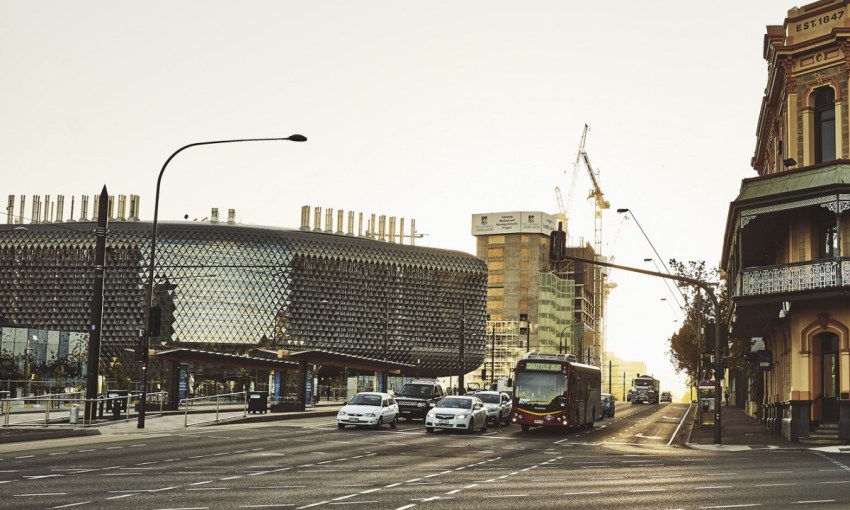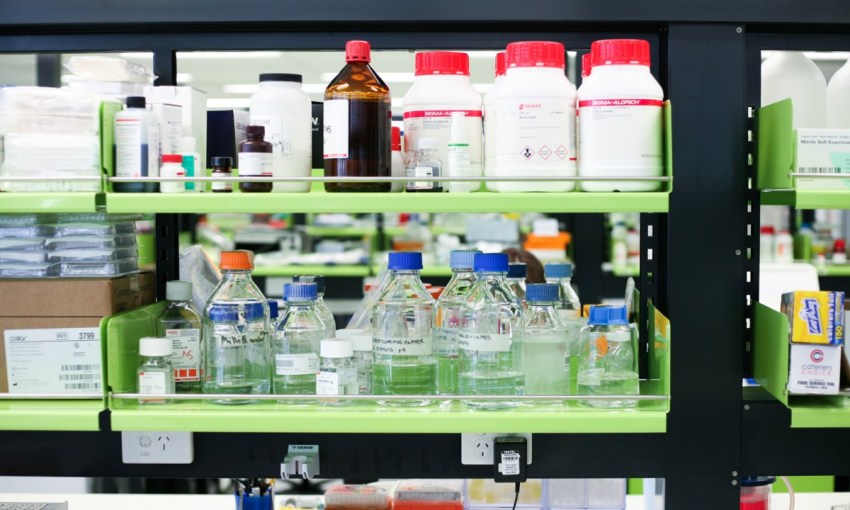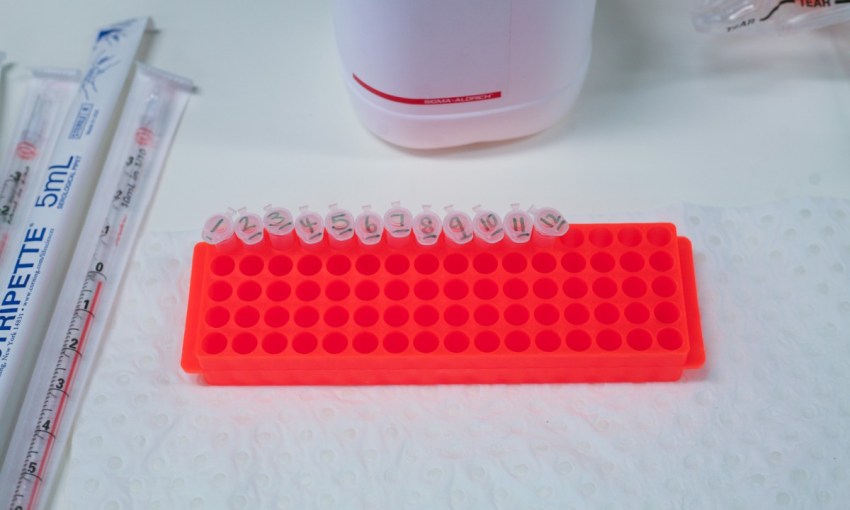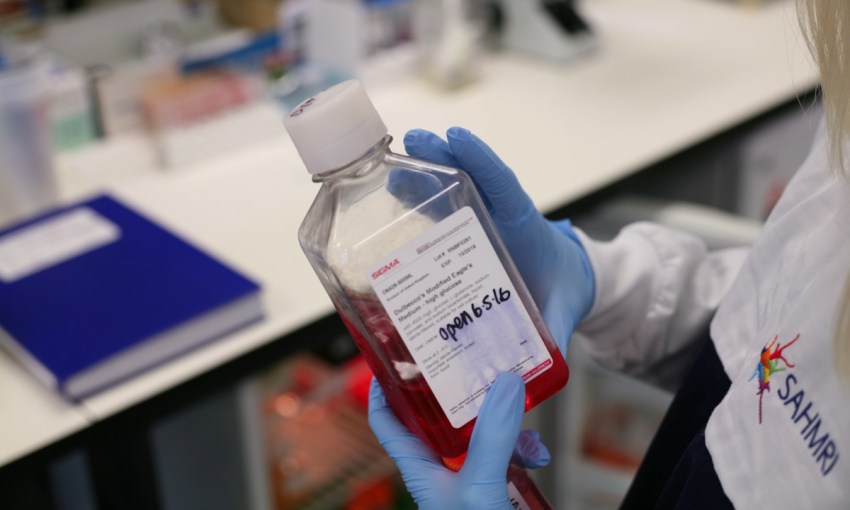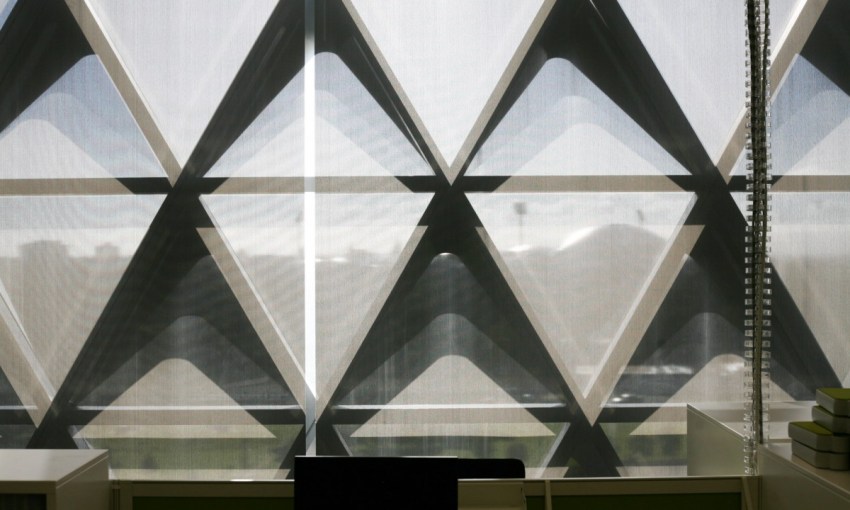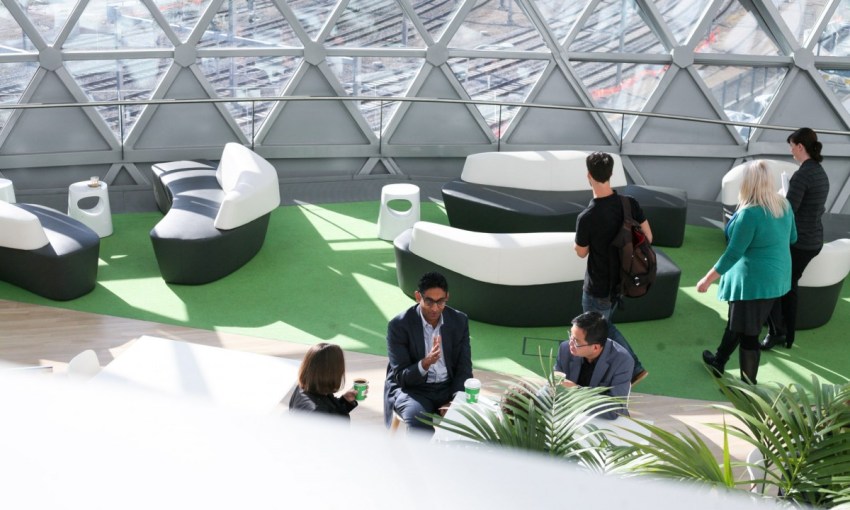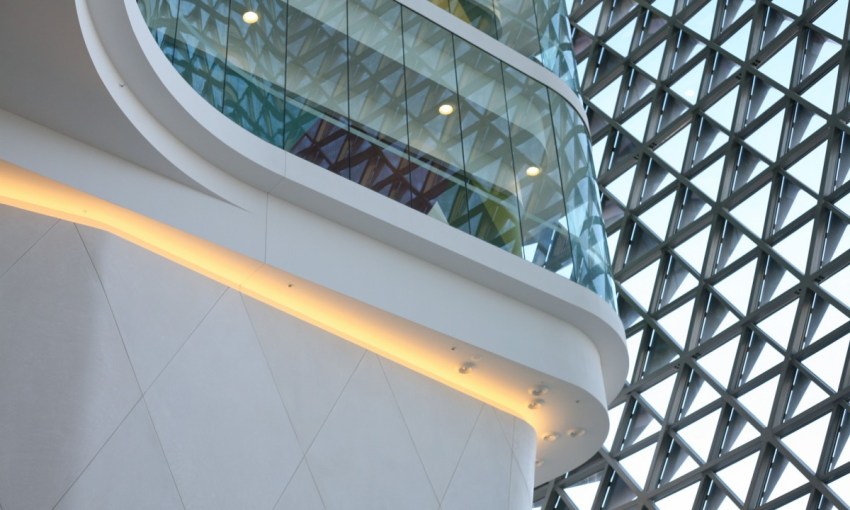Health and medical research is no doubt a field where lives are saved and made, and it's being touted as a new cornerstone of SA's economy. Still, very few of us actually know how it works. We tracked down three young guns who are making headway in this daunting field.
The new guard: Adelaide’s best young health and medical researchers
Achievement is relative.
It is exceptional for a leading chef to be under 25, but in the medical world, chances are your head is still firmly in the books for all of your 20s, if not longer. This makes the achievements of Amy Hughes, Katharine McBride and Andrea Mckivett – all aged under 30 – all the more astounding.
Amy Hughes, 29 – Postdoctoral Scientist, Immunotherapy and GVL Research Group, Cancer Theme (SAHMRI) and Affiliate Lecturer, Discipline of Medicine, The University of Adelaide
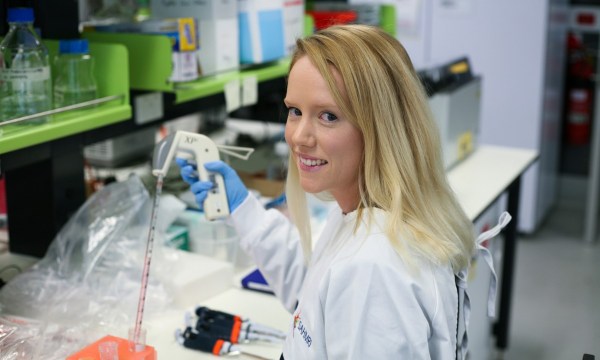
Amy Hughes is proof that a general Bachelor’s degree can take you places. She started her higher education studies with a Bachelor of Science at The University of Adelaide and then, like so many new graduates, wasn’t sure what direction to take – so decided to keep studying.
Amy’s honours year whet her appetite for the freedom of independent research, and she hasn’t really stopped since. Her PhD, about the use of cell therapy for islet transplantation in Type 1 Diabetic patients, won a Dean’s commendation amongst other awards. Then came her masterstroke – she sought overseas experience to differentiate herself from her fellow graduates as they entered the workforce.
“The idea was to go [to America] for two years to gain some experience, but I always wanted to come back to Adelaide. So I went to Chicago, which was never somewhere I thought I’d end up, but I thought it would be a really great opportunity for my career and also to grow personally,” Amy says.
After managing to fit in work or study at a roll-call of the foremost medical hubs in Adelaide, from the Women’s and Children’s Hospital to the Basil Hetzel Institute and the Royal Adelaide Hospital, Amy is glad to now be based in SAHMRI’s cancer theme.
She is currently part of a team working on the use of immunotherapy to treat myeloid leukaemia. Despite spending much of her time in and out of labs, the people who may one day benefit from her research spend a lot of time at the forefront of Amy’s mind.
“I’ve sort of just realised, it doesn’t actually matter what I’m doing as long as I’m doing something of benefit for patients downstream… I’m really glad to have this job, and to work in such an amazing place,” she says.
Andrea Mckivett, 28 – Clinical Research Associate, Aboriginal Diabetes Study, Wardliparingga Aboriginal Research Unit (SAHMRI)
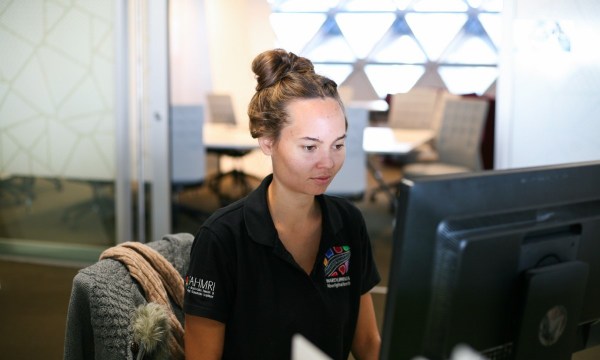
Andrea’s career path started with a bit of geographical zig-zagging from Perth, where she studied medicine, to Alice Springs, where she completed a rural health research stint and then her graduate internship, back to Perth to study a Master’s in Aboriginal Health and now across to Adelaide.
“I actually sort of fell into this field by accident,” Andrea admits. “My interest in Aboriginal health has come with me being from an Aboriginal family, and that’s what’s driven me all along.”
This passion for Aboriginal health and wellbeing continues to motivate Andrea in her current role as a Clinical Research Associate on the Aboriginal Diabetes Study at SAHMRI’s Wardliparingga Aboriginal Research Unit.
She names Professor Alex Brown, whom she met whilst working in Alice Springs and who now heads up the Aboriginal Research Unit, as a great mentor and says he played a large part in her decision to move to Adelaide. In fact, all three of the women we speak with note how valuable collaboration and mentoring has been, and continues to be within their current roles.
Like Amy, Andrea is determined to use her work to make a positive impact on people’s lives.
“I decided research was the area where I could have the most impact on community health,” she says. “I used to find myself getting really frustrated working in emergency departments, where we’d send people home after four hours, knowing that they might come back the next day with the same problem. I feel like now I can step back and have a broader impact.”
Andrea hopes to commence study on her PhD soon, which she will no doubt approach with the same impressive combination of tenacity and humility she has already cultivated in her career.
Katharine McBride, 27 – Research Officer, Wardliparingga Aboriginal Research Unit (SAHMRI)
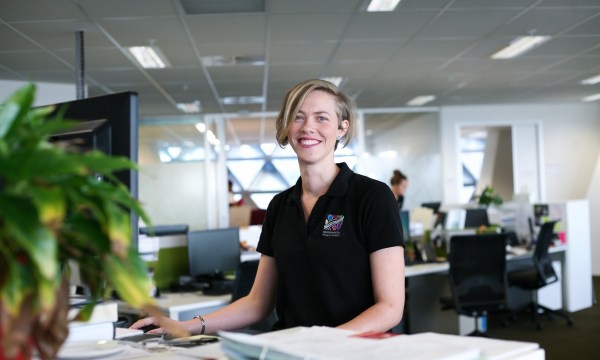
Katharine is a colleague of Andrea’s at Wardliparingga, but her field of expertise is slightly different. Her main focus, public health and policy, emerged as an interest while she was studying a Bachelor of Health Science at The University of Adelaide.
She then specialised by completing a Master’s of Health Economics and Policy, which was all about how to quantify health outcomes and measure the economic impact of health improvement measures.
Katharine recently worked on a soon-to-be-published Heart Foundation research project which examined the disparities Aboriginal people see in SA hospitals when admitted for an acute condition.
Not long after her work on this project wrapped, Katharine found herself at Wardliparingga, working primarily on health policy relating to heart disease and stroke. At the moment she is working on writing a state-wide Aboriginal heart and stroke plan for SA Health.
“We’ve gone back into the data to demonstrate where the gaps lie in terms of Aboriginal heart and stroke care, right across the system – from disease prevention measures, right through the primary care system and then ongoing care.” Katharine says.
Combining medical research with economic theory and governmental policy is tough work, but Katharine feels supported by the team at Wardliparingga.
“As a non-Aboriginal person coming into this workplace, it’s been so great to come into a centre where doing research the right way is at the core of what we do. Having that cultural guidance and mentorship to make sure that I’m doing things the right way has been amazing.”
It is obvious upon meeting these women that to them, innovation is more than just a trendy buzz word wheeled out by government. It is vital to Amy, Katharine and Andrea that the work they do has an immediate practical application, but also scope to make a long-term difference.



